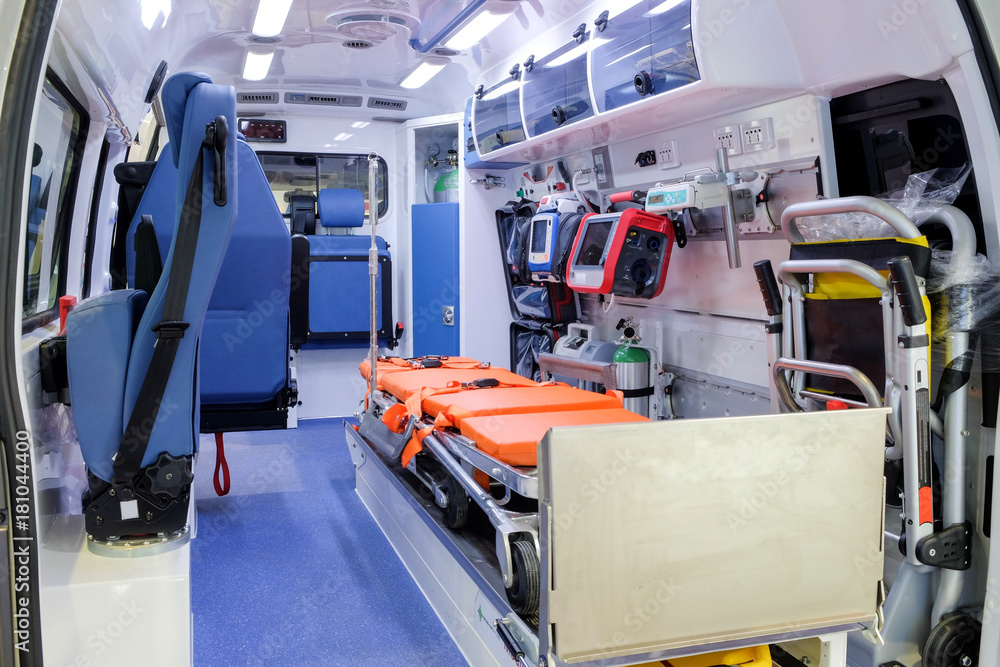In today’s fast-paced world, medical emergencies can strike anytime, anywhere. Whether it’s a road accident, cardiac arrest, or natural disaster, the first response often determines the outcome. This is where paramedics and EMTs (Emergency Medical Technicians) step in as lifesavers. These highly trained professionals are the backbone of emergency healthcare, providing critical care before the patient reaches the hospital.
Institutes like Diagnopein Paramedical Institute are empowering the next generation of paramedics with hands-on paramedic training, certification, and skill development. But what exactly does a paramedic do, and why are they so vital?
Let’s dive into the world of paramedics and understand their duties, career scope, education requirements, and more.
Who Is a Paramedic?
A paramedic is a specially trained healthcare professional who responds to emergency calls and provides advanced pre-hospital care. Unlike basic EMTs, paramedics are trained in life-saving techniques, medication administration, airway management, trauma care, and more.
They are often the first to arrive at accident scenes or emergency situations and play a key role in stabilizing patients before transporting them to medical facilities.
EMT vs Paramedic: What’s the Difference?
Many people confuse EMTs and paramedics. While both are crucial, their training and responsibilities differ:
- EMTs (Emergency Medical Technicians) handle basic emergency services such as CPR, wound care, and oxygen administration.
- Paramedics have advanced training that includes drug administration, IV insertion, ECG interpretation, and complex procedures.
Diagnopein offers comprehensive paramedic programs that cover both basic and advanced emergency care.
Paramedic Job Description: What Do They Do?
A typical paramedic job description includes:
- Responding to 911 calls or emergency alerts
- Assessing patient conditions quickly
- Providing life-saving treatment on the spot
- Operating ambulance and emergency equipment
- Communicating with hospital staff en route
- Documenting medical reports and patient information
These paramedic responsibilities require quick thinking, physical stamina, and strong medical skills.
Key Paramedic Skills for Success
To be effective in high-pressure situations, paramedics need a strong set of both technical and soft skills, including:
- Advanced first aid and trauma response
- Communication and empathy
- Teamwork under pressure
- Decision-making in emergencies
- Physical fitness and emotional strength
At Diagnopein, students are trained not only in procedures but also in paramedic soft skills to handle real-life situations with confidence.
Paramedic Training & Education Pathway
Wondering how to become a paramedic in India? Here’s the roadmap:
1. Eligibility
- 10+2 pass (preferably with Biology/Science)
- Some institutes accept 10th pass for basic EMT roles
2. Paramedic Courses
Diagnopein offers various paramedic diploma courses and certifications such as:
- Emergency Medical Technician (EMT)
- Pathology
- Dialysis Technician.
- MRI Technician.
- Dental Hygiene
These paramedic education programs range from 6 months to 2 years and include theory + clinical training.
Paramedic Certification & Requirements
After completing a course, candidates must pass exams to earn a paramedic certification recognized by healthcare councils or national skill bodies like NSDC and HSSC. Certification enhances job prospects and validates your ability to handle emergencies.
The paramedic requirements may also include internships or on-field training, which Diagnopein facilitates through its diagnostic and healthcare network.
Career Opportunities and Growth
A career as a paramedic is both noble and rewarding. Here’s a quick look at the paramedic career landscape in India:
🏥 Work Settings:
- Government and private hospitals
- Ambulance services
- Disaster response teams
- Fire and rescue departments
- Air ambulance services
- International emergency units
💼 Paramedic Salary:
- Entry-level EMT: ₹15,000 – ₹25,000/month
- Experienced Paramedic: ₹30,000 – ₹50,000/month
- With international certification: ₹60,000+ and opportunities abroad
The paramedic salary increases with skills, location, experience, and specialization. Diagnopein also offers placement assistance to connect students with real job opportunities.
Why Choose Diagnopein for Paramedic Courses?
Diagnopein Paramedical Institute stands out for several reasons:
- Government-recognized and skill-certified courses
- Hands-on training in hospitals and ambulances
- Affordable course fees with EMI options
- Strong network of diagnostic centers across India
- 100% placement support for all students
With branches in Pune, Mumbai, Delhi, Nagpur, and Bhopal, Diagnopein is the ideal launchpad for a paramedic career.
Future of Paramedics in India
As healthcare infrastructure expands, the demand for paramedics will only grow. Emergency care is no longer limited to hospitals; it begins at the scene. From cardiac arrests to pandemic response, paramedics are frontline heroes who make the difference between life and death.
With continuous learning, certifications, and tech adoption (like digital ambulances and mobile triage units), paramedics will play an even greater role in modern healthcare.
Conclusion
If you’re passionate about saving lives and working in dynamic environments, becoming a paramedic is an excellent career choice. The field offers respect, adrenaline, growth, and the satisfaction of service.

